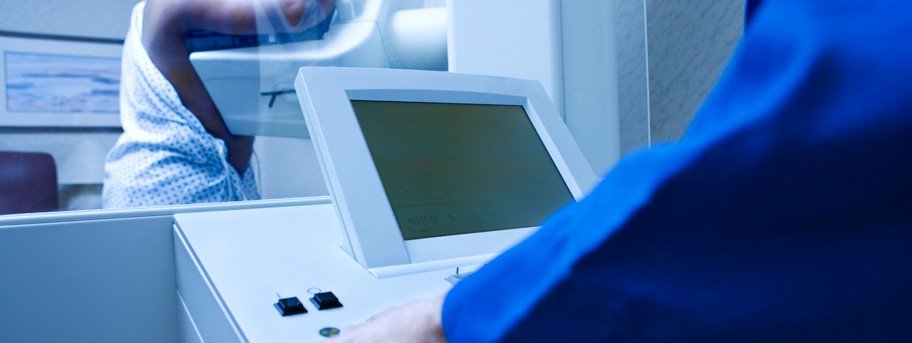The University of Nottingham
 Exchange online
Exchange online
Research Exchange
New hope for thousands of women with most aggressive breast cancer

Scientists at the University have identified a protein which could help predict survival outcomes for women with the most aggressive forms of breast cancer.
Research funded by Breast Cancer Campaign could help predict survival outcomes for triple negative breast cancer and basal-like breast cancer — which affect up to 8,000 women each year in the UK.
Breast cancer is a diverse disease consisting of distinct subgroups that respond differently to treatments. The triple-negative and basal-like subgroups of the disease, almost twice as likely to be diagnosed in black women than Caucasian women, exhibit aggressive behaviour and are more likely to spread.
Unlike other forms of the disease they don’t have high levels of receptors that can be targeted with treatments such as tamoxifen. Currently there are no specific therapies for either triple-negative or basal-like breast cancer.
New research led by Dr Stewart Martin, in the School of Molecular Medical Sciences, investigated levels of proteins known as calpains in breast tumours from 1,371 patients. Calpain proteins regulate a number of processes in tumour cells, such as growth and survival.
The patients were followed up for over 10 years, to see if calpain protein levels were linked to their survival. The results were then validated in another group of 387 breast cancer samples with much higher proportions of triple-negative or basal-like breast cancers.
Results, published in the journal Annals of Oncology, suggest that the amount of a particular calpain protein (calpain-2) can identify patients with basal-like or triple-negative breast cancer that have a better or worse prognosis and can therefore be used to ‘stratify’ patients into different prognostic groups which indicate their predicted survival.
As well as having a prognostic use, Dr Martin believes that work on calpains could also help us to understand why some basal-like and triple-negative breast cancers may be more resistant to drugs than others, helping to improve current treatment regimens and even identify new drugs that target calpain-2.
Dr Martin, Associate Professor at the University, said: “Further verification of the results is needed before we take these findings to the next stage but with further funding we hope to see a test that could aid prognosis in as little as 5-10 years. In the longer term we would hope to develop new treatments for these forms of the disease.”
This research was supported by a donation of £50,000 from Asda’s Tickled Pink Campaign and £40,000 from Debenhams as part of their on-going commitment to funding research to help find a cure for breast cancer.
Baroness Delyth Morgan, Chief Executive, Breast Cancer Campaign, funders of the research, said: “Being able to offer personalised treatment is the holy grail for all breast cancers, but particularly vital for triple negative and basal-like breast cancers, which are currently some of the most difficult breast cancers to treat. We hope that work like Dr Martin’s will be able to improve the options available to these women in the not too distant future.”
Dr Martin is also investigating whether calpain proteins alter how breast tumours respond to chemotherapy and radiotherapy, and whether inhibiting calpain levels can improve this response.
He said: “Being able to better predict survival for patients with these breast cancers would be a first step in helping doctors to decide how to personalise treatments, which could have a real impact in improving outcomes for triple-negative and basal-like breast cancers.”
The full paper can be viewed at http://breastcancercampaign.org/document.doc?id=138
Leave a Reply
Other

Top prize for quantum physicist
A University of Nottingham physicist has won a prestigious medal from the Institute of Physics for […]

Zero carbon HOUSE designed and built by students comes home
Design and construct a low cost, zero carbon, family starter home, transport it to Spain, build […]